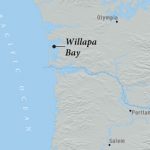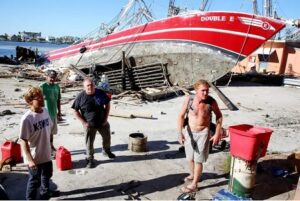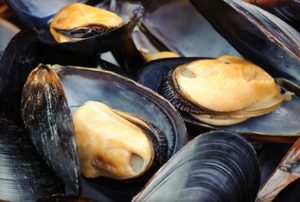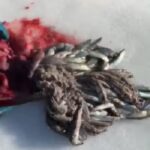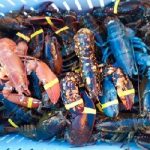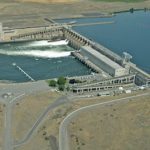Tag Archives: Jason Joyce
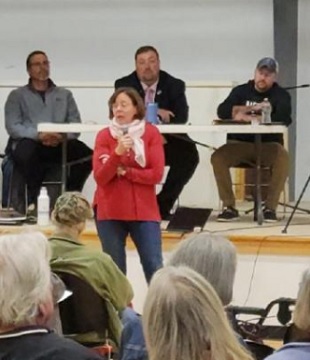
Maine fishing industry forum held in Waldoboro
On Wednesday, May 24, a crowd of over 100 concerned citizens attended a forum at the Coastal Christian Academy in Waldoboro on the challenges facing our lobster industry. Forum participants focused on the history of lobstering as a self-regulated, sustainable fishery, right whale protections, and the impact of offshore wind power. William “Billy Bob” Faulkingham of Winter Harbor, Maine House District 12 Representative, House Minority Leader and a fourth-generation lobsterman, was the first speaker. Dustin Delano, chief operating officer of the New England Fishermen Stewardship Association and former vice president of the Maine Lobster Association, was the second speaker. Jason Joyce, an eighth-generation lobsterman from Swan’s Island, was the final speaker. >click to read< 11:40

Maine: Fishing industry forum May 24
Our way of life up and down the Maine coast is under attack. Families that have made their living in the lobster industry for generations are on the road to extinction. If the federal government has their way, pending regulations will force the lobster industry out of business and the Gulf of Maine will be reserved for offshore wind. The Lincoln County Republicans are hosting an event on May 24 where the public can hear, firsthand, from three prominent men in the Maine fishing industry – Representative Billy Bob Faulkingham, Dustin Delano and Jason Joyce. The event will be held at Coastal Christian School, 574 N. Nobleboro Road, Waldoboro. Doors open at 5:30 p.m. >click to read< 15:52
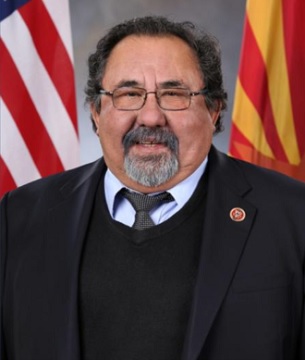
Landlocked Congressman Targets Maine’s Lobstermen Over Whales
When a senior congressman from a land-locked state in the American West drops a bill pertaining to the Atlantic right whale out of the blue, it just seems fishy. But that is exactly what happened when Rep. Raul Grijalva (D-NM) introduced a bill for the sole purpose of undoing the six-year pause on enforcement of NOAA rules that Maine’s congressional delegation had wrestled out of budget negotiations late last year. Why? A long-time progressive, Grijalva until recently chaired the House Committee on Natural Resources, where he welcomed the testimony of Monterey Bay Aquarium Executive Director Julie Packard. Home to Seafood Watch, the group that “red-listed” Maine lobster last year, Packard’s Monterey Bay Aquarium has made fast enemies in the Pine Tree State. >click to read< 08:07
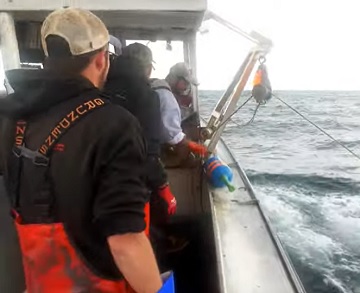
Save the Gulf of Maine – The Maine Reset, Ep. 4: Never Forgotten
Derek Colbeth grew up lobstering, and then served for 5 years in the US Marine Corps. Now he’s a civilian again, but his heritage and livelihood is under attack on all fronts. Powerful interests are converging in a war against Maine Lobstermen. If Lobstermen lose this fight, Maine will never be the same. >Video, click to watch< 14:35
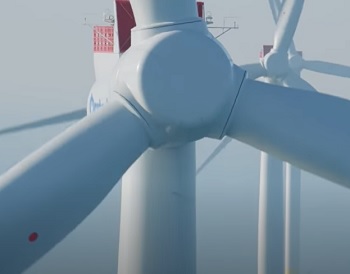
Save the Gulf of Maine – The Maine Reset, Ep.3: This is an Experiment
In this episode, interviews with two brilliant people that you won’t want to miss regarding offshore wind development in Maine. Carla Guenther PhD brings an oceanography perspective, and Long Island Commercial Fisherman Steve Train lays out some practical wisdom as only a fisherman can. Sandwiched in there are some of my own antics lampooning the empty suits from corporations who want to confiscate our ocean., >Video, click to watch< 13:15 ocean industrialization
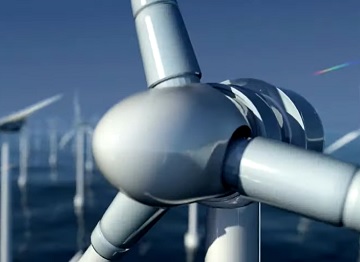
Save the Gulf of Maine – The Maine Reset Part 2, Fait Accompli?
First, we look at a basic chronology of the interplay between the State of Maine, the University of Maine, and private entities RWE Renewables and Diamond Offshore Wind (subsidiary of Mitsubishi) as they have joined forces in a venture of enormous importance. They partnered on a prototype of future wind turbines (Aqua Ventus I). Then they began working on an array of a dozen turbines. How many more turbines will follow? The wind developers have been clear that the first array is only the beginning of industrializing the Gulf of Maine. Then, we look in detail at some of the likely  environmental impacts of industrial floating wind on marine life. It’s not a pretty picture. Yet, many large entities whose missions include protecting the environment have given ocean industrialization their blessing. Will they change their minds when they learn the full scope of impact? Video, Click to watch<, Watch the first episode, Road to Disaster – Voices of Maine Lobstermen >click to watch< 11:01
environmental impacts of industrial floating wind on marine life. It’s not a pretty picture. Yet, many large entities whose missions include protecting the environment have given ocean industrialization their blessing. Will they change their minds when they learn the full scope of impact? Video, Click to watch<, Watch the first episode, Road to Disaster – Voices of Maine Lobstermen >click to watch< 11:01
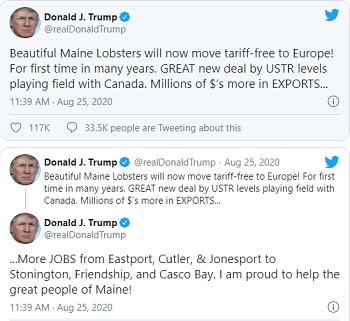
USDA trade aid for lobster industry using coronavirus coffers
The Trump administration is committed to starting an aid program to help the struggling lobster industry, Agriculture Secretary Sonny Perdue said Wednesday, but the funds to do so will come from the coronavirus stimulus package, not the aid used to bail out farmers after President Trump’s trade war with China. The lobster industry, like many others during the coronavirus outbreak, has seen losses as markets on cruise ships and restaurants evaporate.,, Trump has began paying considerable attention to Maine’s lobster industry starting this summer, traveling to Bangor in June to announce he would reverse protections for the Northeast Canyons and Seamounts Marine National Monument. >click to read< 18:07
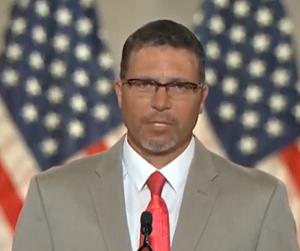
As the press ignores the real issues, Lobster fisher’s pro-Trump speech sets off political spat
A Maine lobster fisher spoke in favor of President Donald Trump’s trade policies during the Republican National Convention on Tuesday, earning a rebuke from the state’s Democratic party,,, Swan Island lobster harvester Jason Joyce said he was skeptical of Trump in 2016 and didn’t support him then, but has since come around because of the president’s trade deals.,, Trumps trade hostilities with China have taken a valuable market away from the U.S. lobster industry, Maine Democratic Party Chair Kathleen Marra said. But the industry faces numerous challenges, including the impact of the coronavirus pandemic on the seafood business, the trade fight with China, a stubborn bait shortage and new protections designed to reduce risk to endangered whales. >click to read< 05:16
Jason Joyce Full speech RNC Day 2, Republican National Convention – an excellent testimonial, Jason. Thank you for being a truth teller. >Click to watch<

Halving the number of vertical lines – Finding consensus on whale protections a tough call in Maine
Federal regulators have given Maine’s lobster industry its marching orders: Find a way to cut the number of surface-to-seabed fishing lines by 50 percent to help prevent the injury or death of even one of the endangered right whales that pass through the Gulf of Maine. The National Marine Fisheries Service is allowing each lobstering state to develop its own plan to protect the whale, whose numbers have fallen to a little more than 400 in recent years. But it will be hard to find one way to make it work in Maine, where the $485 million-a-year fishery is known for its diversity. >click to read<07:29
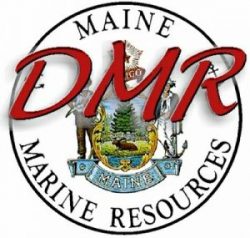
Trawl limit plan divides lobstermen at hearing
A Department of Marine Resources proposal to change the way some lobstermen fish in a large swath of water around Mount Desert Rock drew vocal opposition at a meeting in Ellsworth May 22 despite a unanimous vote in the Zone B Lobster Management Council. At issue is a proposal to limit the number of traps that can be linked together in a single “trawl” in an area of about 300 square miles. The roughly rectangular area in waters that are part of Lobster Management Zone B stretches about 10 miles seawards from a line drawn six miles off the coast that extends roughly between Schoodic Point in the east and the southern end of Marshall Island in the west. >click to read<11:54

































